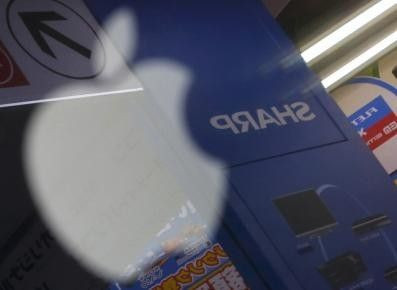Apple's 12-inch Retina MacBook is Big Failure with the 2015 MacBook Pro as Saving Grace

Apple's release of the 12-inch Retina MacBook sparked mixed reactions from the market. Despite the supposedly excellent aesthetics and new portable size, the new MacBook lost power considerably. What the company sacrificed to create a new line may also be the bane of the entire product series? Can Apple really sell the 12-inch Retina MacBook?
The USB Type-C port on the latest MacBooks may have gotten quite the attention but much of the flak lately has been on something else. Apple has been accused of giving up the performance of the MacBook in order to reduce the size and create a new portable device.
As what IT Pro Portal notes: "What buyers got in size, they gave up in performance. The 80GB 1.8-inch hard drive derived heritage from portable media players of the day, like the new MacBook’s 1.1GHz or 1.2GHz Core M dual-core processors are tablet-class, despite Intel marketing touting no-compromise PC performance for thin-and-light devices."
Looking at the processor or chipset aboard the 12-inch Retina MacBook, many should be surprised to find the power it provides is comparable to a tablet. Intel's "i" processors do just that thus the complaints about Apple's new product.
Apple may have been able to switch the noisy fan and reduce the build but it was not able to reconcile the power and efficiency of the previous laptops to its new design. Whereas there might be drawbacks on the power on the part of users expecting specs to top previous models, it has also been argued that Apple may have seen a market for the product. In an era where tablets became prominent figures but came to a halt because of the demand for a more powerful, laptop-like device, the latest MacBook should fit well within that target market. The verdict will come upon release of the device to stores.
To report problems or leave feedback on this article, email: p.silva@ibtimes.com.au.




















